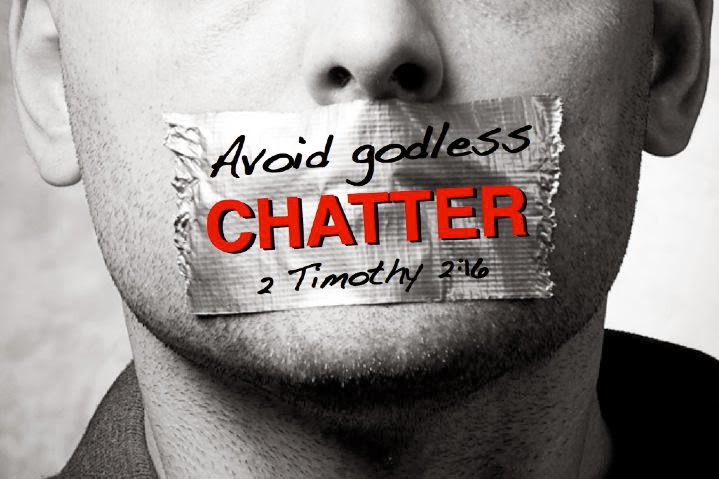The Plague in Revelation 22
I was recently asked if the curse in Revelation 22:18-19 was written for that book, and if so, does this mean the curse only applies to the Book of Revelation?
The curse (or plague “plēgas") that is spoken about in Revelation 22:18-19, is specifically referring to the Book of Revelation, and is a clear warning to anyone who would seek to add to, or take away from the biblical text that is contained within this particular book of the Bible.
When seeking to have a clear understanding of this passage, it is important to remember that the plague of Revelation 22:18-19 is not some mystic or unique form of punishment for those who do find themselves traveling upon this dangerous road that leads to destruction. The Book of Revelation is a prophetic utterance of what will take place at the end of world history, when God unleashes His wrath, and the King of kings returns, and destroys all who oppose Him (Revelation 19:11-21). The ultimate ending, and worst part of this end times destruction, are not all of the plagues that are recorded throughout this letter that lead up to Armageddon (i.e. Revelation 9:18, 11:6, 18:4), but the final blow, when all who are cursed will be cast into the lake of fire, because they are not found in the book of life (Revelation 20:11-15; 21:27).
It is also worth noting, that the judgment and punishment for mishandling the Word of God (Revelation 22:18-19), are not new principles in the Bible. In the Book of Acts, Paul warns the Ephesian elders to take heed to themselves and to the flock, because “savage wolves will come in among you, not sparing the flock. Also from among yourselves, men will rise up, speaking perverse things, to draw away the disciples after themselves” (Acts 20:28-30). Paul also warns Timothy to be on the look out for “deceiving spirits and doctrines of demons” (1 Timothy 4:1), as well as “teachers” who cause believers to “turn their ears away from the truth” (2 Timothy 4:3-4).
The apostle James issues a warning to all teachers, reminding us of the diligence that is needed, as “we shall receive a stricter judgment” (James 3:1). Peter affirms James’ exhortation when he reminds us that some teachings of the Bible are “hard to understand, which untaught and unstable people twist to their own destruction, as they do also the rest of the Scriptures” (2 Peter 3:16). This is no doubt why Paul exhorts Timothy (and all Christians), to “Be diligent to present yourself approved to God, a worker who does not need to be ashamed, rightly dividing the word of truth” (2 Timothy 2:15).
Peter reminds us that there were “false prophets” among God’s people in the Old Testament, and “there will be false teachers among you, who will secretly bring in destructive heresies, even denying the Lord who bought them, and bring on themselves swift destruction. And many will follow their destructive ways, because of whom the way of truth will be blasphemed” (2 Peter 2:1-2).
When Jude wrote his epistle, it was originally meant to be a letter “concerning our common salvation” (Jude 1:3). But because of the false teachers that were creeping into the church unnoticed (Jude 1:4), Jude was compelled to change the purpose of the letter, and instead he wrote to the church about the importance of, “contending earnestly for the faith” (Jude 1:3) against such people (Jude 1:4-16).
The apostle John, in addition to his warnings in Revelation (Revelation 22:18-19), also writes to us in his epistles about the importance of testing the spirits (1 John 4:1-3), rejecting false teachers who deceive others (2 John 7-11), as well as those leaders who practice evil (3 John 9-11).
The point for mentioning all of this is that the Bible is filled with warnings about false teachers, and the seriousness of their offense. The Book of Revelation serves as one last warning to the false teacher. The warning is this; if they continue in their errant ways, they will be judged by God (22:18), and excluded from heaven (22:19).



